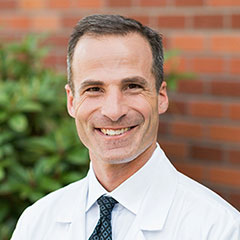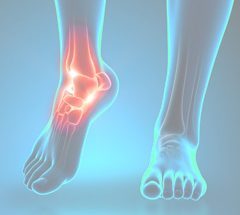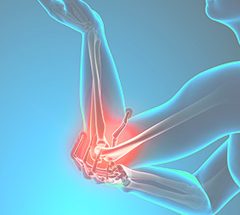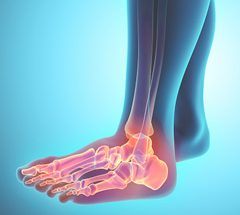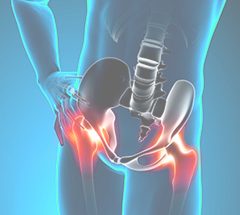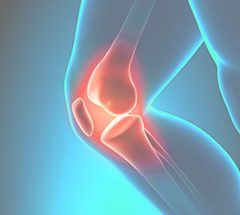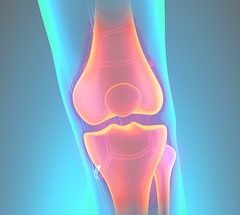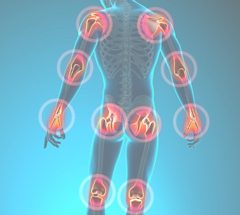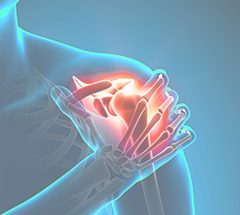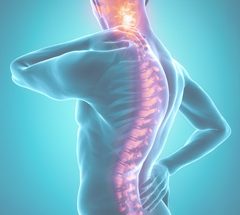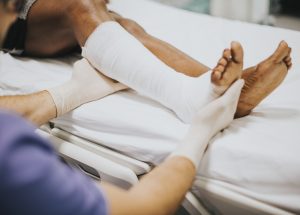Frozen Shoulder
Frozen shoulder is a general term used to describe all causes of motion loss in the shoulder. The most common cause of loss of motion is a condition known as adhesive capsulitis. In adhesive capsulitis, the shoulder capsule becomes stiff, leading to limited range of motion of the shoulder. The joint capsule is a watertight sac that encloses the joint and the fluid that lubricates it. The shoulder capsule becomes stiff because of a combination of inflammation and fribrosis (scarring of the capsule).
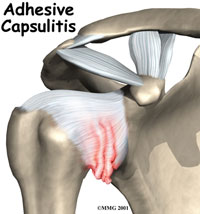
Why people develop adhesive capsulitis is unknown. Women are more commonly affected than men. Risk factors include diabetes, thyroid disease, and heart disease. The majority of people who develop adhesive capsulitis have no known risk factors.
Adhesive capsulitis is traditionally divided into 3 phases. The first phase is the “inflammatory phase.” During this phase the shoulder is very painful and range of motion is only limited by pain. This phase typically lasts several months. The second phase is the “freezing phase.” The shoulder capsule becomes progressively more stiff during this phase and true limitation of motion develops. By the end of this phase, the shoulder is very stiff but is only painful at the end ranges of motion. This phase usually lasts 3-9 months. The last phase is the “thawing phase” during which shoulder range of motion and pain progressively improve. This phase typically lasts a year. The entire process can take up to two years to resolve.
Treatment for adhesive capsulitis includes anti-inflammatory medications and physical therapy to try to maintain or improve motion. An injection of steroid (or cortisone) can sometimes improve symptoms. If this is unsuccessful, a manipulation under anesthesia usually leads to rapid improvement in symptoms. This involves being put to sleep for a few minutes while the shoulder is manipulated and the scar tissue is broken up. Occasionally, patients will require an arthroscopic procedure to break up the scar tissue.


